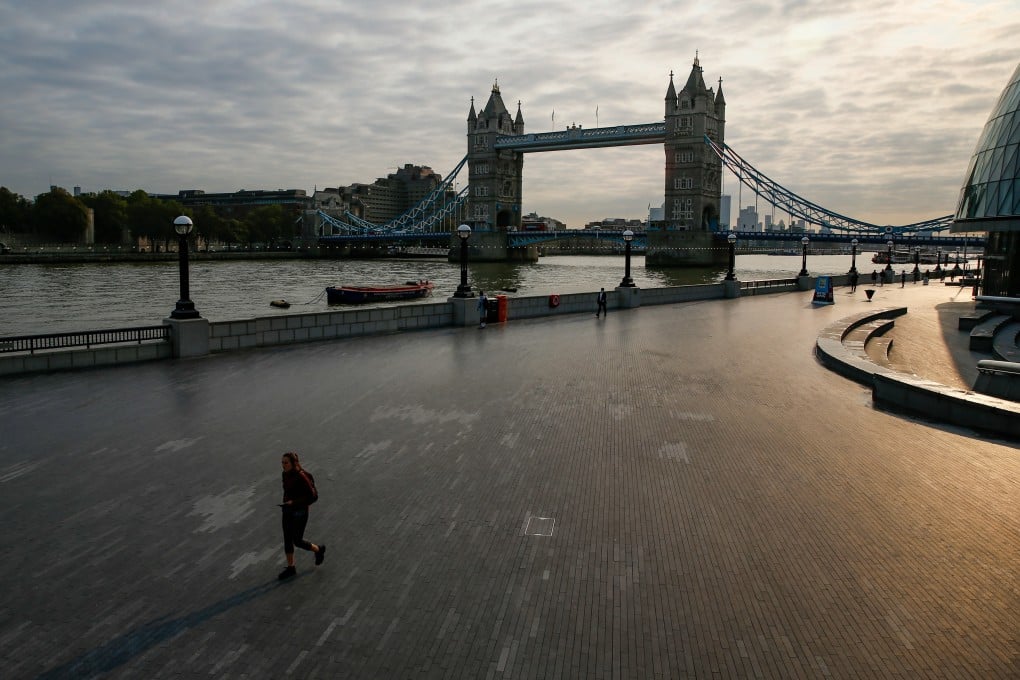Opinion | BN(O) passport holders fleeing Hong Kong should know Britain has a racism problem
- With anti-Asian attacks rising around the world, the problem of racism is a concern for those considering moving to the UK
- Without working to make Britain more inclusive, the unresolved socio-economic discontent that contributed to Brexit could target settlers from Hong Kong

While the diplomatic row over Britain’s announcement of the BN(O) scheme has been the centre of much media attention, potential social problems that could arise from an influx of Hongkongers into Britain have not been sufficiently discussed. Put simply, the scheme could introduce a sizeable ethnic minority group into a white-majority society. With anti-Asian attacks rising around the world, the problem of racism is a concern for those considering moving to the UK.
The commission instead seems to suggest a wide interpretation of what racism is has contributed to perceptions the UK is institutionally racist. In the commission’s own words, “It is certainly true that the concept of racism has become much more fluid, extending from overt hostility and exclusion to unconscious bias and microaggressions. This is partly because ethnic minorities have higher expectations of equal treatment and, rightly, will not tolerate behaviour that, only a couple of generations ago, would have likely been quietly endured or shrugged off.”
Leaving aside whether the commission’s conclusion is an accurate assessment of racial disparity in the UK, the British government seems to be jumping the gun in attempting to address institutional racism when overt racism is still a serious problem. It is disconcerting that there have been racially motivated attacks on Asian people in the UK triggered by “maskaphobia”.
While the perpetrators of such racial violence are not representative of the British public, the increase of racism against Asians reported in the UK following the coronavirus outbreak is far from reassuring.

